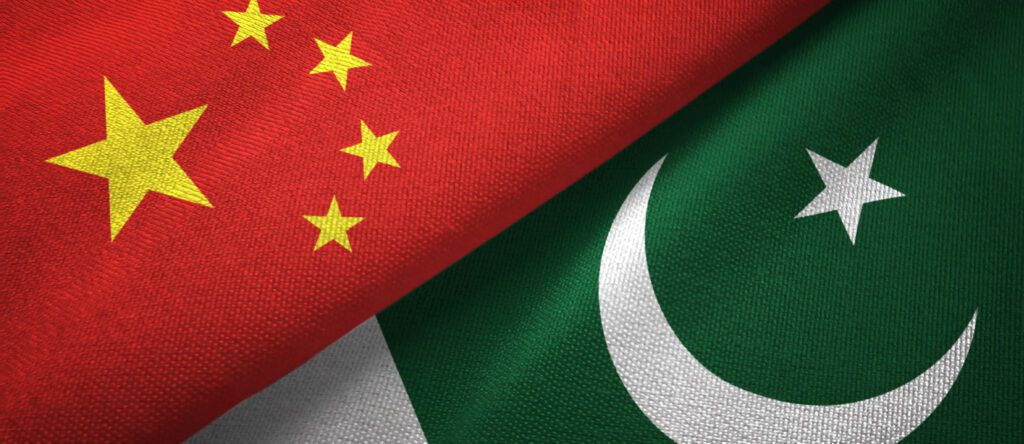In a significant financial development, China has agreed to rollover a $2 billion debt for Pakistan on existing terms. Initially, there were discussions regarding a potential increase in interest rates; however, a mutual understanding has been reached to extend the repayment period. This decision aligns with Pakistan’s strategy of maintaining foreign exchange reserves through deposits, a strategy that has become more costly due to a substantial 118% surge in interest costs.
The Ministry of Finance officials confirmed that negotiations with Beijing resulted in an agreement to further extend the repayment period for the $2 billion loan, which is due on March 23, coinciding with Pakistan Day. While awaiting an official response from the Chinese embassy, sources indicate that China, in an informal communication, has conveyed its decision to extend the repayment period.
Initially, China proposed an increase in the interest rates on the $2 billion debt. Currently, Pakistan pays a 7.1% interest rate based on the six-month Secured Overnight Finance Rate (SOFR) plus 1.715%. The finance ministry awaits a formal response from China, indicating the finalization of the extension of the repayment period.
Interim Prime Minister Anwaarul Haq Kakar officially requested the Chinese government to rollover the maturing loans in the preceding month, highlighting the importance of maintaining financial stability during challenging economic times.
Pakistan faced an interest payment of Rs26.6 billion in the last fiscal year to China, Saudi Arabia, and the United Arab Emirates (UAE) on the $9 billion deposits placed with the State Bank of Pakistan. This marked a significant increase of 118% from the previous year, attributed in part to currency devaluation.
The Central Bank’s gross official foreign exchange reserves currently stand at $8 billion. Over the last decade, Pakistan has adopted a policy of borrowing from regional countries during economic challenges, resulting in extended loans during maturity.
With a staff-level agreement with the International Monetary Fund (IMF) in place, Saudi Arabia and the UAE increased their exposure to Pakistan, bringing the total to $12 billion for the three nations. The cost of interest on these deposits is anticipated to rise substantially for the current fiscal year.
China’s role in supporting Pakistan’s financial stability is further evident in the utilisation of a $4.5 billion Chinese trade finance facility for debt purposes. Pakistan fully tapped this facility, resulting in an interest payment of Rs42.1 billion, a 16% increase from the previous year.
However, challenges persist as Pakistan’s gross reserves are not sufficient to service the two Chinese facilities. The nation faces risks due to a lack of non-debt creating inflows, slow export growth, stagnant foreign direct investment, and political instability.
As Pakistan’s existing IMF programme approaches expiration in six weeks, securing a staff-level agreement in March is crucial. The new finance minister, yet to be announced by the PML-N, will face the task of navigating these financial complexities and fostering economic stability. The delay in appointing the finance minister has caused uncertainty, both for international financial institutions and local markets.
